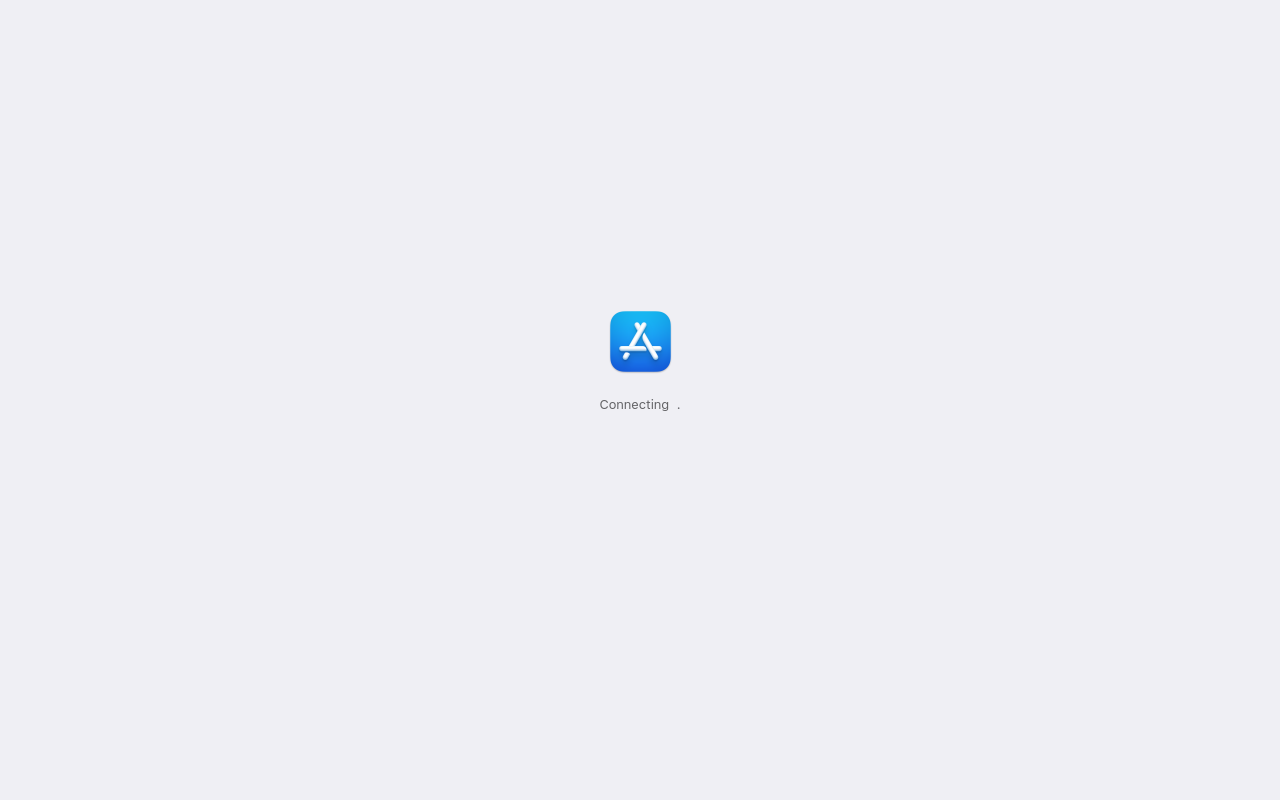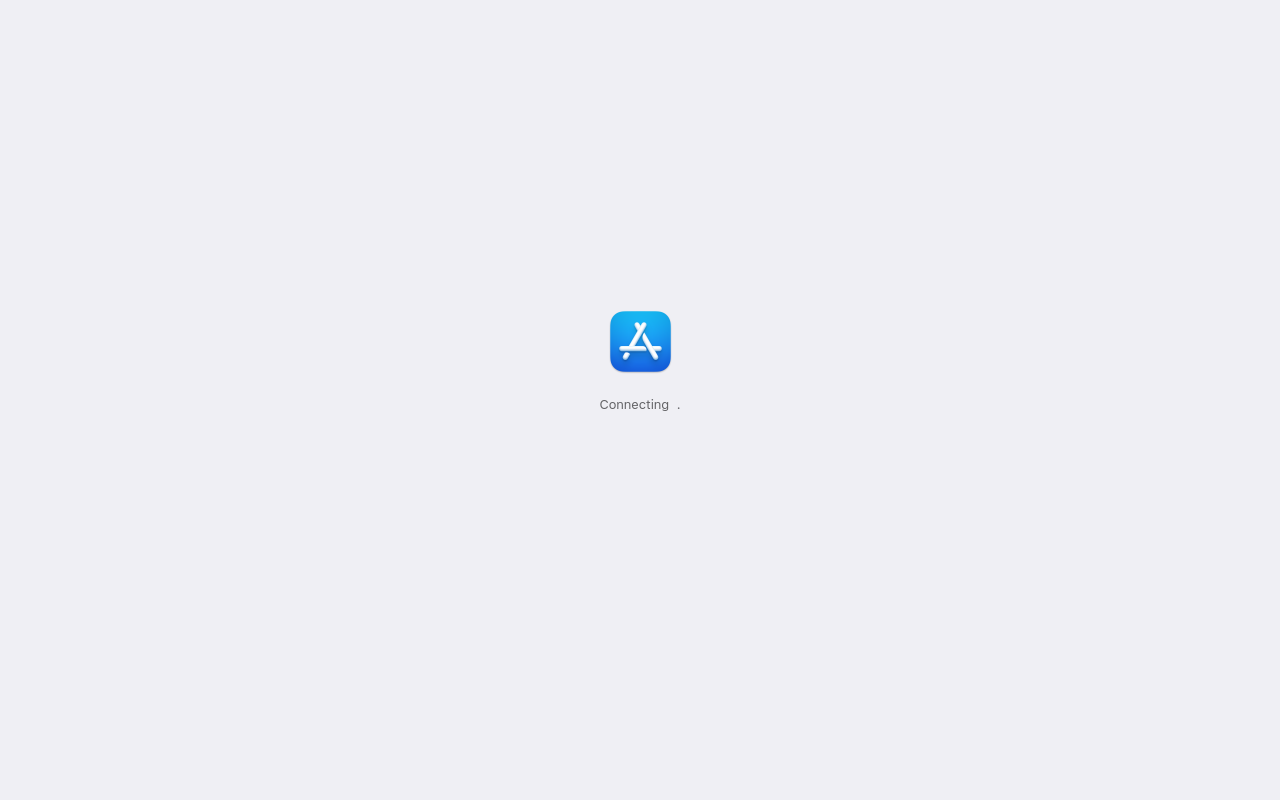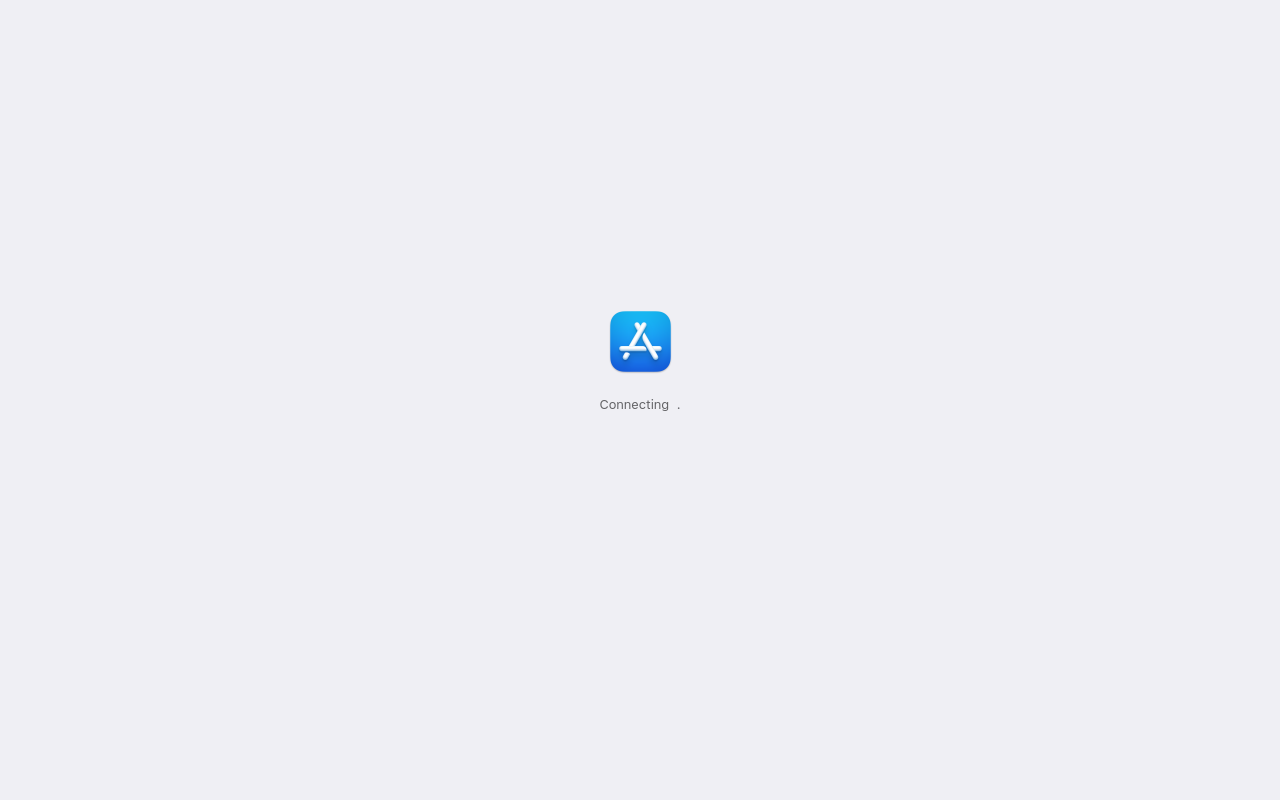Best for:
- Music enthusiasts
- Artists
- Apple device users
Use cases:
- Discovering new music
- Curating playlists
- Listening to high-quality audio
Users like:
- Creative teams
- Marketing
- Event planning
What is Apple Music?
Quick Introduction
Apple Music is a streaming service developed by Apple Inc. catering to music enthusiasts, artists, and anyone looking for a quality music listening experience. Launched in June 2015, Apple Music connects users to a vast library of over 75 million songs, curated playlists, and exclusive content. The platform offers high-fidelity audio, seamless integration with Apple’s ecosystem, and unique features like live radio stations and personal music libraries. It’s an ideal solution for anyone who values high-quality sound and wants access to a diverse range of music.
Pros and Cons
Pros:
- Massive Music Library: Access to over 75 million songs.
- High-Quality Audio: Offers lossless streaming and spatial audio support.
- Seamless Integration: Works flawlessly with Apple devices.
Cons:
- Pricey: Higher costs compared to some competitors.
- Limited Compatibility: Best experience on Apple devices.
- Complex Interface: Steep learning curve for new users.
TL;DR
- Over 75 million songs available
- Offers high-fidelity audio including lossless and spatial audio
- Seamlessly integrates with Apple’s ecosystem
Features and Functionality:
- Vast Music Library: Gain access to over 75 million songs, allowing users to explore diverse genres and find music that suits their mood and preference.
- Spatial Audio and Lossless Streaming: Apple Music provides superior sound quality with lossless streaming and spatial audio, enhancing the overall listening experience.
- Curated Playlists and Radio Stations: Enjoy professionally curated playlists and live radio stations by industry experts.
- Offline Listening: Download your favorite songs and albums for offline listening, perfect for when you’re on the go.
- Integration with Apple Ecosystem: Seamlessly syncs with Apple devices like iPhone, iPad, Mac and HomePod.
Integration and Compatibility:
Apple Music integrates flawlessly with Apple’s ecosystem, ensuring a tightly-knit experience across devices like iPhones, iPads, Macs, Apple Watches, and HomePods. It also provides a web player for non-Apple devices and supports limited integration with Android. Standout features include seamless playback transitioning between devices and tailored listening experiences using Siri commands.
Benefits and Advantages:
- Extensive Music Library: Access to one of the largest music libraries available.
- High-Quality Audio: High-fidelity sound options like lossless and spatial audio not offered by all other platforms.
- Seamless Integration: Perfect alignment with Apple devices enhances user experience.
- Offline Listening: Ability to download tracks and playlists for offline use.
- Curated Content: Expertise-driven playlists and live radio stations enrich the listening experience.
Pricing and Licensing:
Apple Music offers various pricing plans including an individual plan at $9.99 per month, a family plan at $14.99 per month, which supports up to six users, and a student plan at $4.99 per month. There is also the Apple One Bundle, priced at $14.95 which includes Apple Music along with other Apple services like Apple TV+ and iCloud storage.
Do you use Apple Music?
A 3-month free trial is available for new subscribers.
Support and Resources:
Users of Apple Music can avail robust support via several channels, including 24/7 customer service, extensive online documentation, and a dedicated user community forum. The Apple Support app also offers troubleshooting guides and direct access to Apple experts.
Apple Music as an Alternative to:
When comparing Apple Music as an alternative to Spotify, the most notable differences lie in the audio quality and the depth of integration within the Apple ecosystem. While Spotify excels in social sharing and playlist creation, Apple Music brings superior sound quality and a unified experience across Apple devices, along with exclusive releases and a vast music library.
Alternatives to Apple Music:
- Spotify: Great for social sharing and personalized playlists. Preferred by users who value community-driven music discovery.
- Tidal: More focused on high-fidelity audio and exclusive content. Ideal for audiophiles who prioritize sound quality above other factors.
- Amazon Music Unlimited: Offers seamless integration with Amazon services and Alexa. A good choice for Amazon Prime users and those using Echo devices.
Conclusion:
Apple Music stands out as a premium music streaming service with its vast library, superior audio quality, and tight integration within the Apple ecosystem. It is designed for users who prioritize a high-quality, seamless listening experience and are integrated into Apple’s ecosystem. Despite being slightly pricier, its exclusive content and advanced audio features make it an attractive choice for serious audiophiles and Apple device owners.
Similar Products
Apple Music
A comprehensive music streaming service that offers an extensive library of songs, exclusive content, and seamless integration with Apple devices.
Apple Music
Premier music streaming service by Apple offering a wide array of songs and curated playlists.



